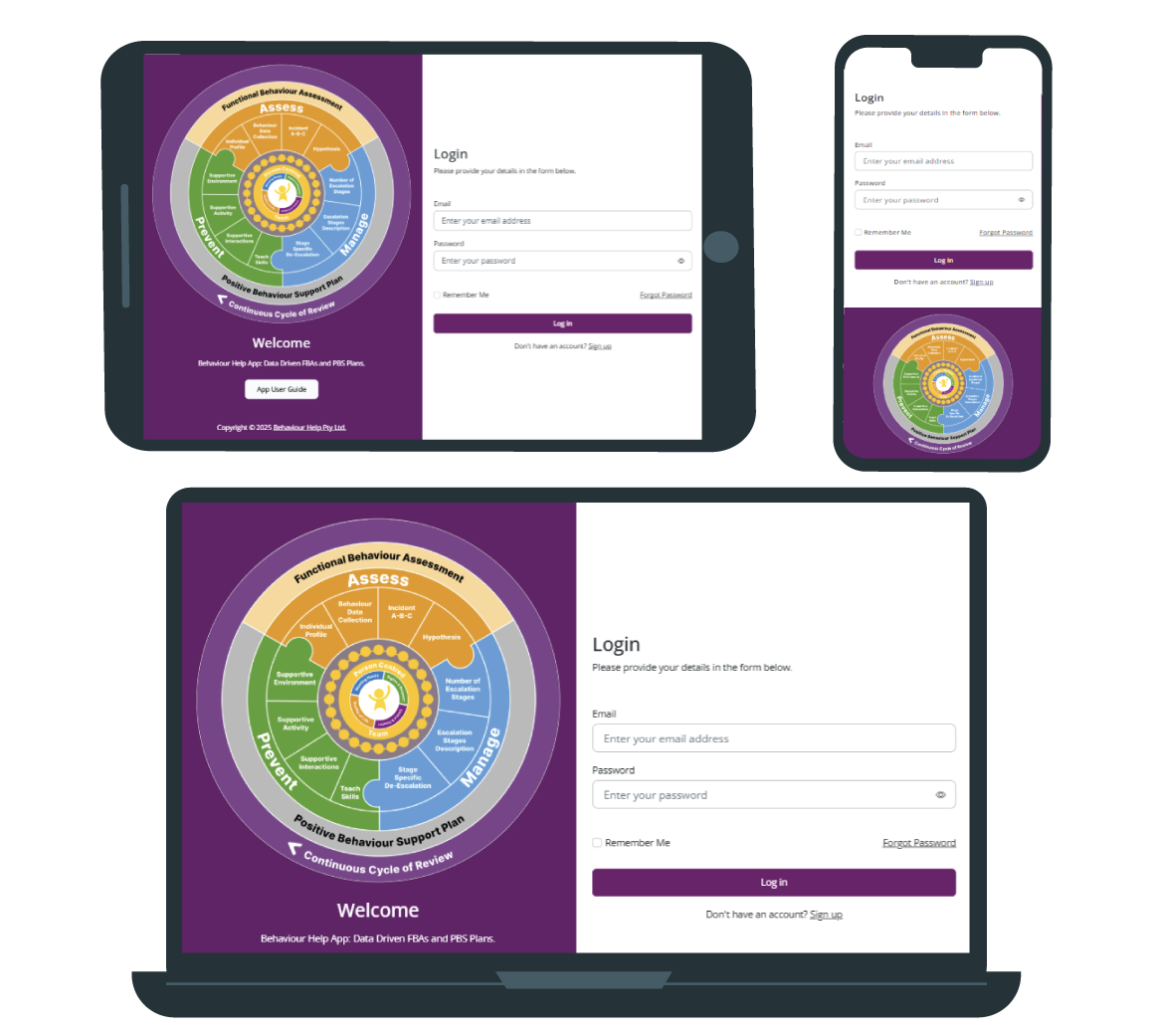Unstructured times can be a struggle for students with Anxiety, Autism Spectrum Disorder (ASD) or Attention Deficit/Hyperactivity Disorder (ADHD). The nature of these periods of time can prompt some students to exhibit emotional and behavioural difficulties that we as teaches would like to minimise. Fortunately, there are many strategies teachers can use to help their students cope with the difficulties of unstructured times.
Unstructured times are periods when there are no specific instructions for a student to follow, that involve no specific tasks for a student to complete, and/or when no activities have been structured, sequenced and set by an adult such as a teacher or caregiver. Periods such as assemblies, before and after school time, bus rides, classroom parties, downtime when work is complete, recess and lunch, library time and movement between classes all fall into this category.
Unstructured times are an essential part of growth and development, allowing students to cultivate and refine invaluable skills, traits and values such as social and communication skills, play skills, autonomy and independence, critical thinking, and creativity and imagination. For some students, however, unstructured times may be a struggle, and these students can benefit from a little bit of guidance.
For some students with Anxiety, ASD or ADHD, unstructured times can range from being somewhat uncomfortable to extremely arduous, and different students may struggle with these times for different reasons. During unstructured times, students have to make all the decisions about what to do, in what order to do things, and for how long. This may cause a student with anxiety to feel overwhelmed and stressed. A student with ADHD might feel unsure or bored during these times, and may deal with these feelings by saying or doings things that are disruptive. Other students may react to unstructured times with aggression. Students who have been diagnosed with Autism Spectrum Disorder already have specific difficulties with planning, organising, sequencing, problem solving, communication and social skills, and can find unstructured times particularly difficult to cope with.

Introducting...The Behaviour Help App
Your All-in-One AI Tool for FBAs and PBS plans
You’re doing important work. That’s why we built the Behaviour Help App — to make it easier to track behaviour trends, identify patterns, and develop meaningful, person-centred strategies.
There are a number of strategies teachers can use to help students who struggle with unstructured times. As all students are different, it’s important that we educate ourselves as much as we can about each student’s unique circumstances. This will allow teachers to remain aware of what characteristics of unstructured times could trigger negative internal or external responses from individual students, and proactively employ strategies to minimise the difficulty of the unstructured time for the student.
As well as remaining situationally aware, we should also teach students certain skills to help them cope with the difficulties of unstructured times. Facilitating the development of communication skills, social skills, problem solving skills and conflict resolution skills will empower students to manage their own responses to what they find difficult about unstructured times. For example, by teaching and encouraging communication skills, students will be empowered to ask for what they need in order to de-stress. By teaching and encouraging social skills, students will be empowered to ask to join groups of other students in order to alleviate boredom and introduce somewhat structured activities to otherwise unstructured times.
The below table lists various strategies a teacher can utilise to assist students who struggle with unstructured times:.



